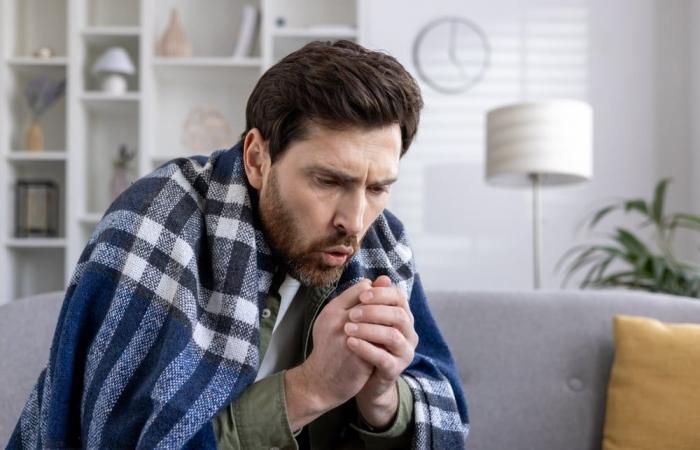As winter approaches, the issue of fuel poverty is once again coming to the forefront. Associations are calling on the government to act. But above all to stop procrastinating to improve the situation.
The issue of energy poverty is coming back to the forefront
Energy poverty affects today 12 million people in France. The challenge is even more colossal since the increase in energy costs and the end of the tariff shield. Faced with this crisis, many associations, including the Abbé Pierre Foundation and the Climate Action Network, are urging the government to act to strengthen support measures and accelerate the renovation of energy-intensive housing.
And it’s urgent! According to the National Energy Mediator, a third of French households report suffering from the cold in their homes. Worryingly, this figure has doubled since 2020. Younger people (under 35) and precarious workers (employees and manual workers) are particularly affected, with 43% and 42% of these groups respectively reporting feeling the cold.
Moreover, the end of the tariff shield in 2023 has plunged more than a million households into situations of power outages or reductions due to unpaid bills. This state of affairs highlights the urgency of strengthening measures to protect the most vulnerable before the arrival of winter.
Accelerate renovations to better protect populations
The general director of the Climate Action Network, Morgane Créach, denounces the “procrastination” of public authorities on the subject. In addition, it calls for an acceleration of renovations of housing considered to be thermal sieves. According to her, the struggle against energy poverty must be integrated into a broader strategy for protection against the impacts of climate change.
The finance bill for 2025 envisages a reduction of 1.5 billion euros of funds allocated to MaPrimeRenov' aid, thus reducing the budget to 2.5 billion euros. Obviously, this is a bad signal sent. The associations call for maintaining credits and underline the need for a stable public policy in terms of energy renovation. Finally, the energy check, currently distributed to nearly 6 million households, is considered essential but insufficient. Some are campaigning for a tripling of its average amount, to reach 450 euros.
France






